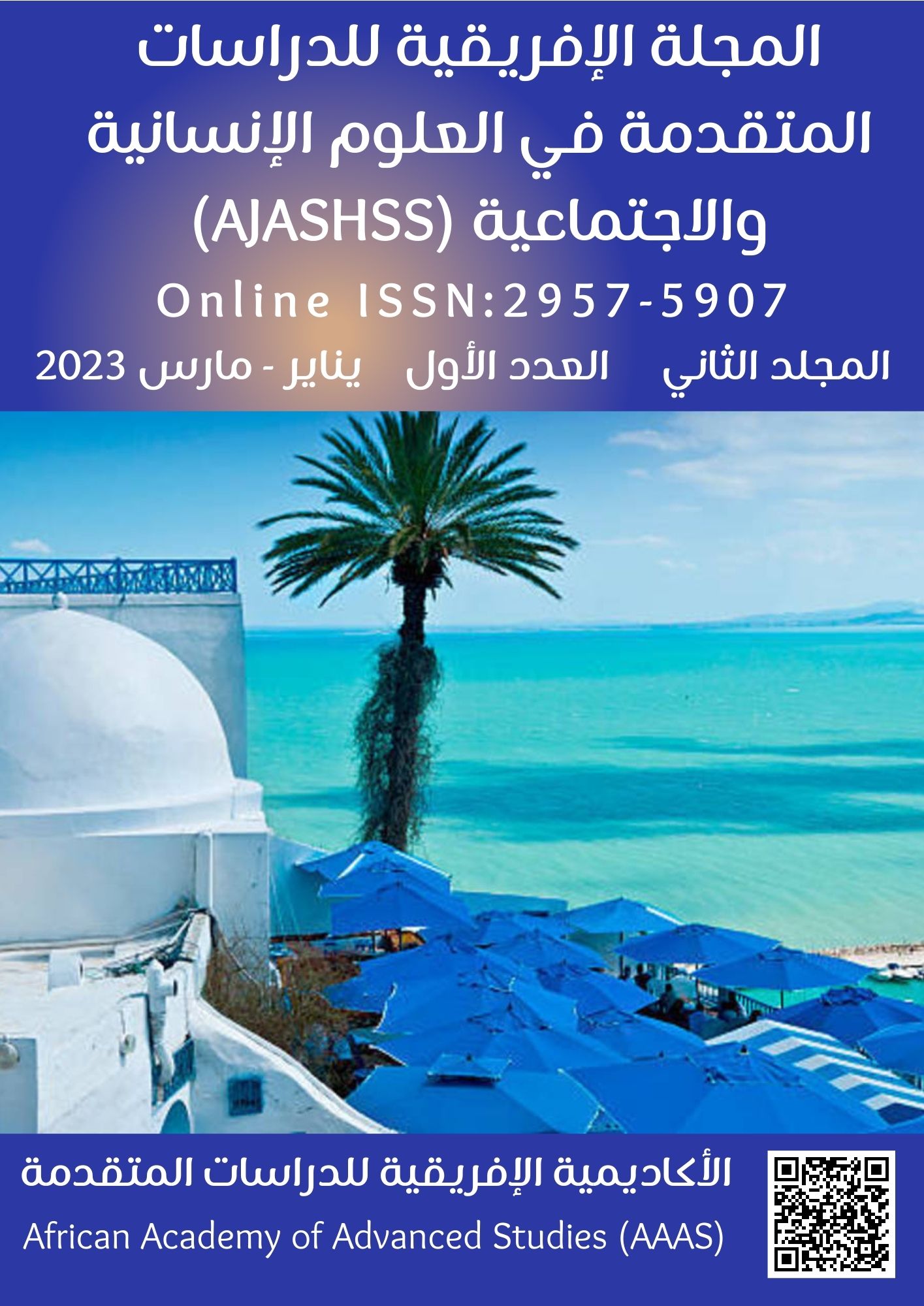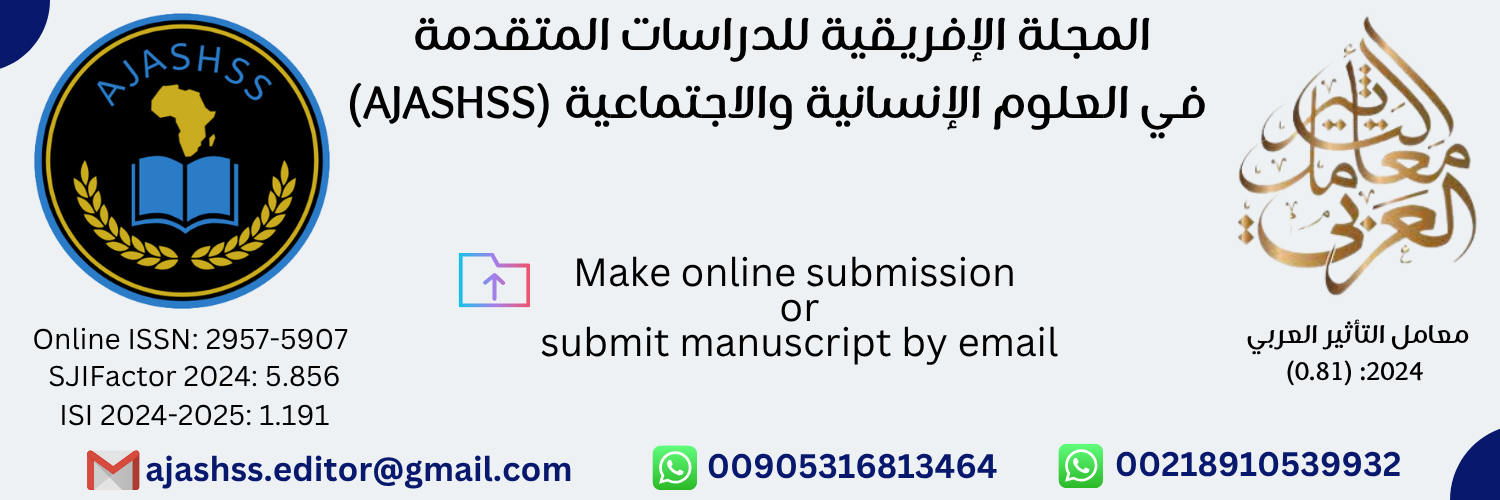Literary Translation and the Characteristics of Arabic and English
الكلمات المفتاحية:
Arabic Language، English Language، Literary Translationالملخص
Literary translation is the translation of literature and it is one of the most important genres within the field of translation. It is a means of bridging two or more cultures through the exchange of the values, traditions, customs and social practices embodied in worldwide literary works. Adopting a descriptive approach, this paper provides a brief overview of literary translation. It focuses on the characteristics and literariness of Arabic and English as translation between these two languages has been participative in the process of filling up the gap between the Arab and Western cultures. This article highlights certain linguistic, structural and cultural issues usually encountered by literary translators as they treat literary products, especially between English and Arabic. It concludes that the development of literary translation in the Arab world, especially in the Maghreb, has been impeded due to foreign invasions of the region, limited sponsorship provided to Arabic English literary translators and the absence of coordination among literary translators.
منشور
كيفية الاقتباس
إصدار
القسم

هذا العمل مرخص بموجب Creative Commons Attribution 4.0 International License.
المؤلفات المشابهة
- Mohamed Sidi Mohamed Sidi Mahmoud, Translation of Culture-Bound Items from Arabic into English , المجلة الإفريقية للدراسات المتقدمة في العلوم الإنسانية والاجتماعية: المجلد الثاني، العدد الرابع، (أكتوبر- ديسمبر) 2023
يمكنك أيضاً إبدأ بحثاً متقدماً عن المشابهات لهذا المؤلَّف.






